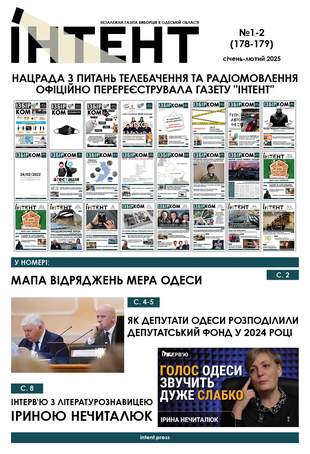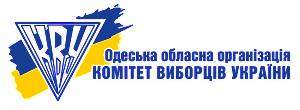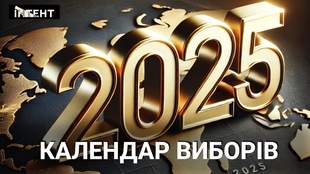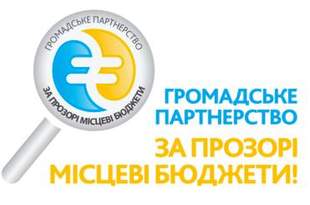Меню
Social networks
May 1, 2025, 10:23 p.m.
Sanctions for sale: how the world turns punishment into profit
Цей матеріал також доступний українською50
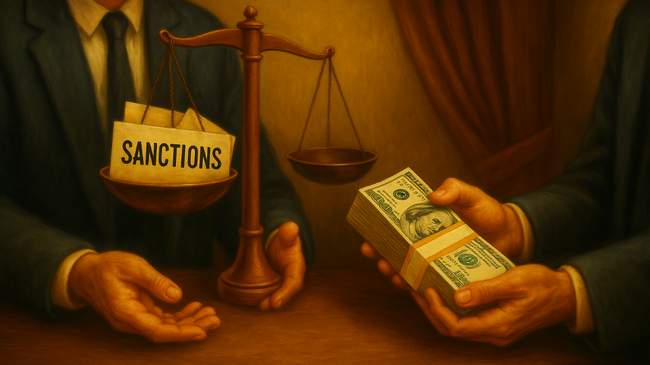
Image generated by AI
Sanctions against the aggressor state are supposed to be a mechanism of punishment - a political and economic response to crimes. But with every year of war, they are increasingly becoming a bargaining chip, a tool for political maneuvering, or even a means of enrichment. From allies delaying new packages to neutral countries reaping the benefits of trade with Russia, sanctions are looking less and less like a punitive mechanism.
Sanctions in exchange for a discount
After 2022, Western countries did impose economic restrictions on Russia. But in 2024-2025, it became obvious that some countries perceive sanctions not as a principle but as a resource. India, Turkey, Saudi Arabia, and other global players publicly declare neutrality, but in fact receive lucrative contracts, energy discounts, or expanded economic influence as a result of the "sanctions vacuum."
After the introduction of Western restrictions, India became the largest importer of Russian oil, receiving it at reduced prices, according to the Times of India. Despite the pressure from the West, New Delhi avoids direct sanctions against Russia, which allows it to balance between strategic cooperation with the United States and cheap energy from Moscow. This is not just economic pragmatism - it is a geopolitical benefit that India is converting into an increase in its influence in the region.
Turkey has also become a key route to circumvent sanctions. Through Turkish banks, re-exports and intermediaries, dual-use goods, technology and equipment are being shipped to Russia.
Inna Ukhanova, head of the Department of International Economic Relations at the Odesa National Economic University, told Intent that the implementation of such schemes allows Russia to receive significant revenues after the introduction of sanctions, as the goods change their country of origin, which makes them difficult to track.

Inna Ukhanova. Photo: ONEU
According to a Politico investigation, in 2023, Turkish operators increased their purchases of Russian oil by 105% compared to 2022. After that, Russian raw materials were processed into fuel, which was exported to the EU with a change of country of origin.
Sanctions as political pressure
Sanctions have become part of domestic politics in Western countries as well. In the United States, new restrictions are often introduced or delayed depending on the election cycle. Politicians use sanctions initiatives to demonstrate strength or to bargain with allies. Secondary sanctions - restrictions imposed not on Russia directly, but on a third party that cooperates with the aggressor - are often the subject of diplomatic compromises.
European countries are also not always united in their approach to restrictions. Despite 16 packages of sanctions, the EU has not yet imposed an embargo on imports of Russian liquefied natural gas (LNG). The expert emphasizes: "The EU sanctions mechanism is not yet fully effective due to the lack of a common position among all member states." For example, Hungary has repeatedly blocked initiatives that could affect its energy interests. Thus, the EU's sanctions architecture remains fragmented, and implementation is often weak.
Sanctions in exchange for silence
Russia has learned to use sanctions rhetoric as a bargaining chip. In Africa, Asia, and Latin America, its diplomats offer grain, fertilizers, weapons, or energy in exchange for political loyalty. At the same time, Russia is actively promoting the narrative of "unfair restrictions" by appealing to the countries of the Global South. Thus, sanctions are becoming not only a barrier but also an instrument of information warfare.
However, Inna Ukhanova notes that the sanctions have a cumulative effect, which is already having a significant impact on certain sectors, such as nuclear energy, aircraft construction, and gas supplies.
"We see the impact of sanctions through inflation, rising interest rates in Russia and difficulties with interbank transactions. But this is not enough to significantly limit their military-industrial complex," the expert emphasizes.
In 2025, it became known that Russia continues to increase its military production, exceeding the rate of armament of NATO countries. The military sector is funded by both public and private resources.
"The aggressor country finances the war in the first place - even by cutting other types of budget expenditures. In 2025, Russia has already allocated more than 40% of its budget for defense spending. This is a historic high," Ukhanova says.
What Ukraine can do
One of the main problems is the functioning of the "shadow" market and weak control over compliance with the price limit for Russian oil. According to Ukhanova, it is necessary not only to set a limit, but also to ensure effective control over contracts, banking operations, and actual supply routes.
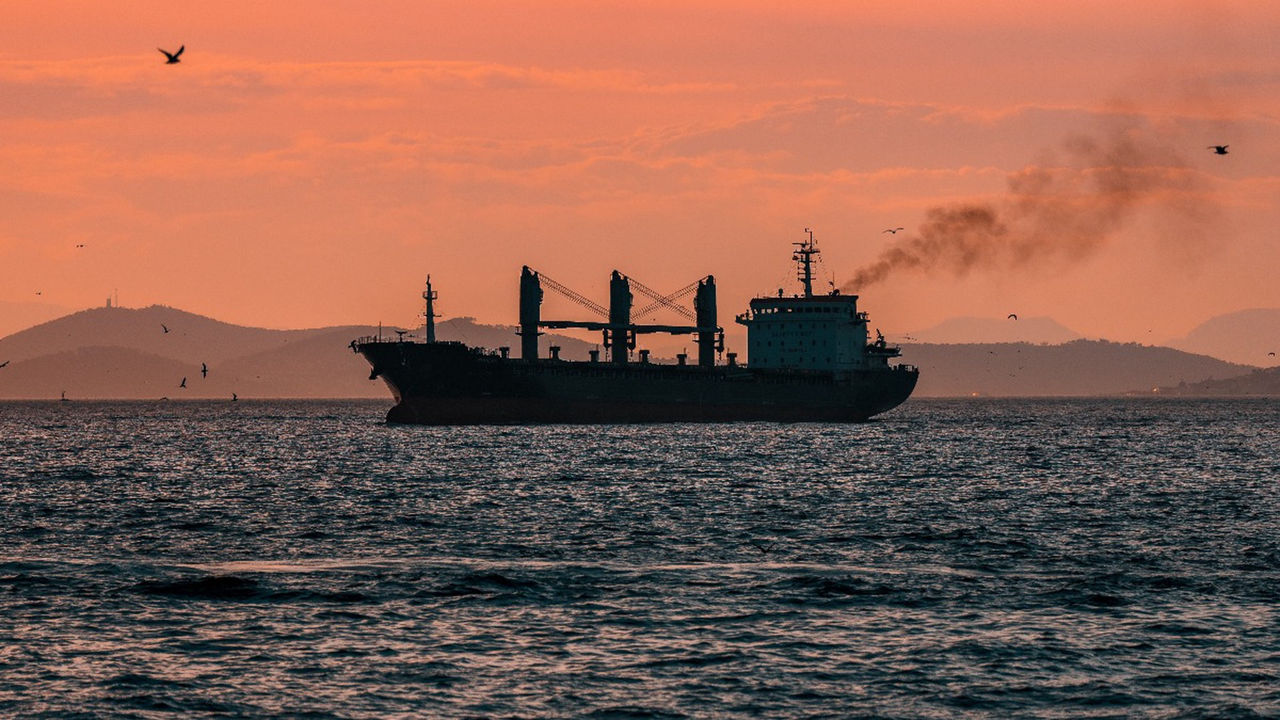
Photo: armyinform.com.ua
"Sanctions are most effective when imposed globally. But this is impossible because of Russia's position in the UN Security Council. Therefore, we need maximum coordination between Ukraine's allies and increased accountability for violations." The Financial Times estimates that more than 100 British companies have violated sanctions, and Kazakhstan has increased its electronics exports to Russia by more than 20%," Ukhanova adds.
By May 2025, the EU plans to adopt a new directive on the harmonization of sanctions policy, which should strengthen control over the implementation of restrictions. This is a chance to make the sanctions system more coherent and truly effective.
Sanctions can be effective. But for this to happen, they must stop being a commodity and become an instrument of justice again.
Даниїл Попов



